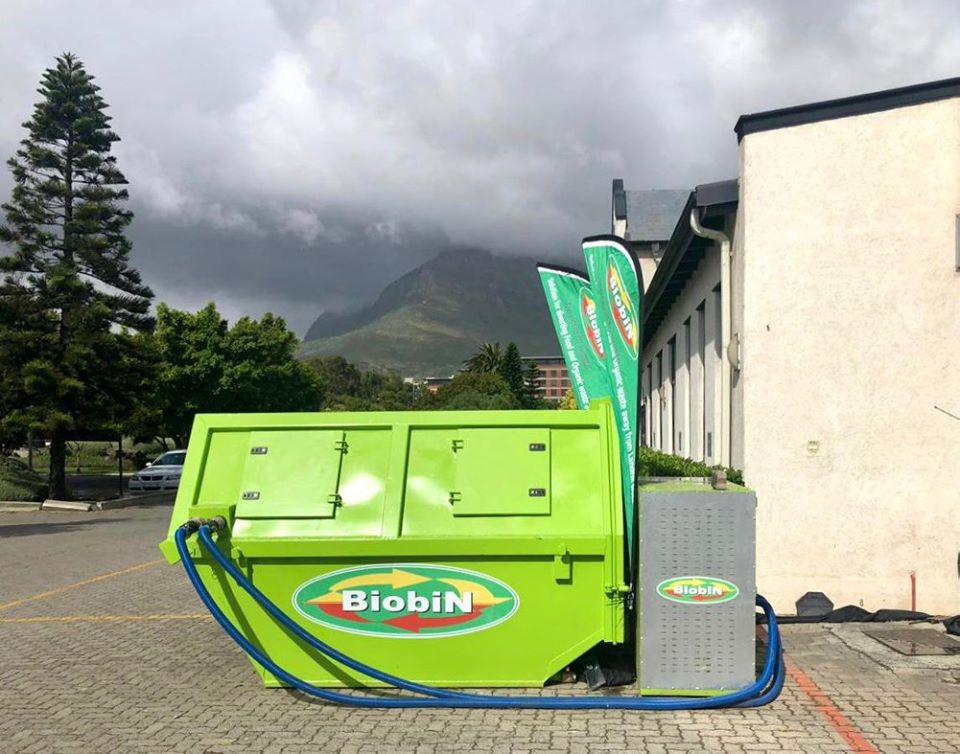The estimated edible portion of food waste throughout the supply chain in South Africa is 10.2 million tonnes per year. This can be broken down into 2.7 million tonnes during agricultural production, 2.4 million tonnes during post-harvest handling and storage, 2.6 million tonnes during processing and packaging, 2 million tonnes during distribution and 0.5 million tonnes at the consumption stage.
“While the majority of food waste occurs during agricultural production, we cannot only treat this stage in isolation. When we start to think about food waste as a product, companies can start implementing the same efficient systems that get their primary products to market, only now it is applied to food waste to create secondary ‘product’ and a circular economy,” says Brian Küsel of BiobiN South Africa. “What does this look like? A singular food waste management plan applicable to the entire food supply chain, will redirect food waste from all stages to organic waste repurposing units, like in-vessel composting units for example. This model will apply the same standards for handling food waste across an entire supply chain, when the composting technology is readily available.”
According to the Council of Scientific and Industrial Research (CSI), food waste costs South Africa R10 billion every year, considering the resources lost. Increasing landfill pressure is also making food waste disposal at landfill more costly as the rate for disposing organic waste is rapidly increasing. The Western Cape has also earmarked a complete organic waste landfill ban by 2027, requiring all food and organic waste generators to find alternative waste treatment solutions, like composting.
“Companies within the food and retails sectors should now be prioritising food waste reduction and landfill diversion initiatives. If nothing changes, the increasing landfill costs and costs of resource inefficiency will be absorbed further into food shelf prices. Eventually consumers will look elsewhere,” adds Küsel.
“Implementing a single food and organic waste management plan across an entire supply chain will open up opportunities to reduce waste management costs for all companies within the supply chain. We need to start looking adopting commercial in-vessel composting within these waste management plans. These units can be positioned at different stages of the supply chain, on farms, in factories and in retail outlets, making this important alternative waste treatment technology accessible to all role-players.”
To find out more about this innovative way to deal with your company’s food and organic waste, visit www.biobin.co.za

